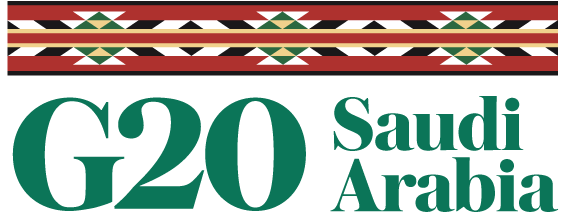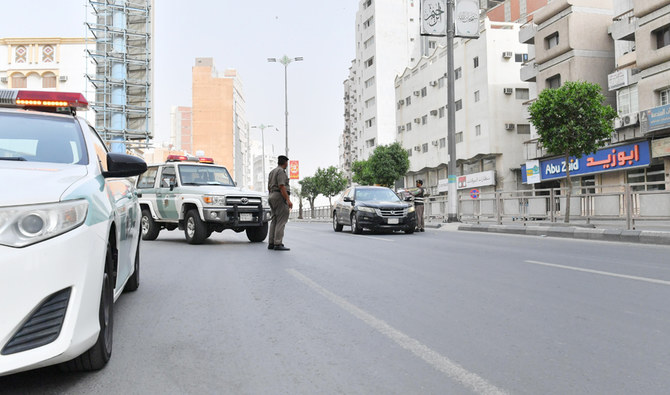 RIYADH: Trade and investment ministers from the Group of 20 major economies convened an extraordinary video conference on Monday to come to grips with the blow to global trade from the coronavirus pandemic and weigh how to overcome supply chain disruptions.
RIYADH: Trade and investment ministers from the Group of 20 major economies convened an extraordinary video conference on Monday to come to grips with the blow to global trade from the coronavirus pandemic and weigh how to overcome supply chain disruptions.
They voiced concern about the daunting challenges facing workers and businesses, particularly the most vulnerable ones.
“We will ensure our collective response is supportive of micro, small and medium-sized enterprises, and recognize the importance of strengthening international investment,” said a ministerial statement.
It added: “We are profoundly saddened by the devastating human tragedy caused by the spread of COVID-19. The pandemic is a global challenge and requires a coordinated global response.”
The statement added that G20 leaders, following their extraordinary meeting conducted on March 26, committed “to presenting a united front against this common threat.”
“Now more than ever is the time for the international community to step up cooperation and coordination to protect human life and lay the foundations for a strong economic recovery and a sustainable, balanced, and inclusive growth after this crisis,” the ministerial statement added.
The ministers also said they had started monitoring and assessing the impact of the pandemic on trade as per the task entrusted to us by G20 leaders.
“We are actively working to ensure the continued flow of vital medical supplies and equipment, critical agricultural products, and other essential goods and services across borders, for supporting the health of our citizens. Consistent with national requirements, we will take immediate necessary measures to facilitate trade in those essential goods,” the statement added.
“We will support the availability and accessibility of essential medical supplies and pharmaceuticals at affordable prices, on an equitable basis, where they are most needed, and as quickly as possible, including by encouraging additional production through incentives and targeted investment, according to national circumstances. We will guard against profiteering and unjustified price increases,” the ministers said.
“We are concerned about the impact of COVID-19 on vulnerable developing and least developed countries, and notably in Africa and small island states.
“We agree that emergency measures designed to tackle COVID-19, if deemed necessary, must be targeted, proportionate, transparent, and temporary, and that they do not create unnecessary barriers to trade or disruption to global supply chains, and are consistent with WTO rules.
“We will implement those measures upholding the principle of international solidarity, considering the evolving needs of other countries for emergency supplies and humanitarian assistance.
“We emphasize the importance of transparency in the current environment and our commitment to notify the WTO of any trade related measures taken, all of which will enable global supply chains to continue to function in this crisis, while expediting the recovery that will follow.
“As we fight the pandemic both individually and collectively and seek to mitigate its impacts on international trade and investment, we will continue to work together to deliver a free, fair, non- discriminatory, transparent, predictable and stable trade and investment environment, and to keep our markets open,” the statement added.
“We will ensure smooth and continued operation of the logistics networks that serve as the backbone of global supply chains. We will explore ways for logistics networks via air, sea and land freight to remain open, as well as ways to facilitate essential movement of health personnel and businesspeople across borders, without undermining the efforts to prevent the spread of the virus.
“We will continue monitoring and assessing the impact of the pandemic on trade. We call on the international organizations to provide an in-depth analysis of the impact of COVID-19 on world trade, investment and global value chains,” the ministers said.
We will continue working with them to establish coordinated approaches and collect and share good practices to facilitate flows of essential goods and services.
We will convene again as necessary, and we task the G20 Trade and Investment Working Group to address these issues closely and to identify additional proposed actions that could help alleviate the wide-range impact of COVID-19, as well as longer-term actions that should be taken to support the multilateral trading system and expedite economic recovery.
The next Italian G20 2021 Presidency is committed to continue paying the highest attention to the international trade climate in the discussion of long-term actions.


























